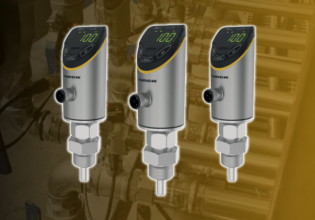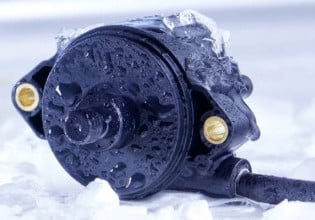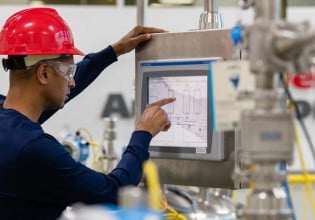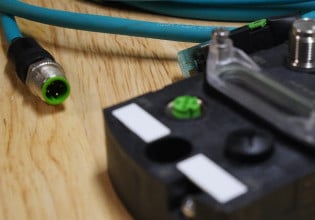C
Is there anyone familiar with both Emerson Delta V and Foxboro I/A that could differentiate them at a high level ? (For instance Foxboro uses Wonderware as the operator interface but Delta V uses iFix.) I'm very familiar with Delta V, but have just been introduced to I/A.






